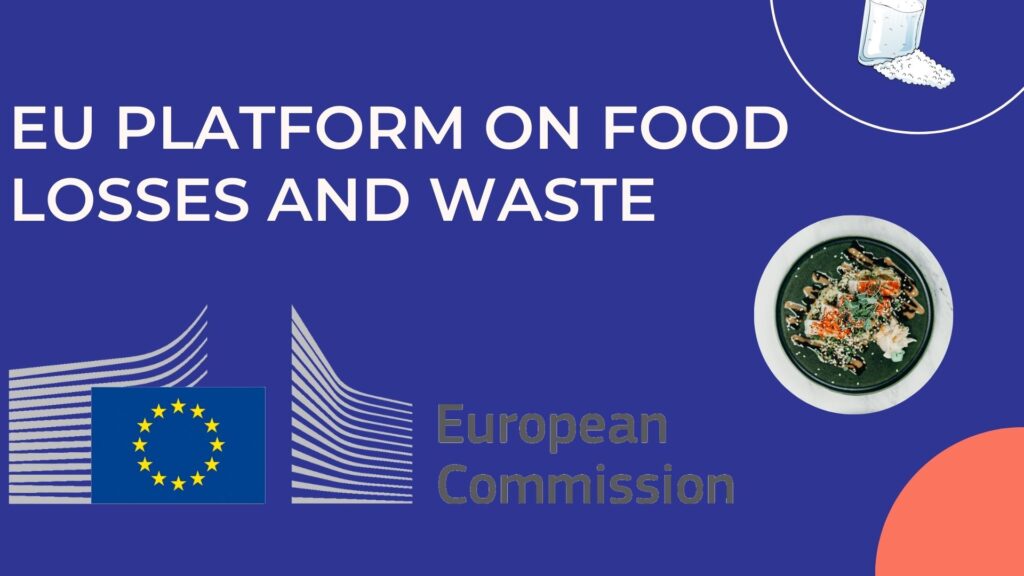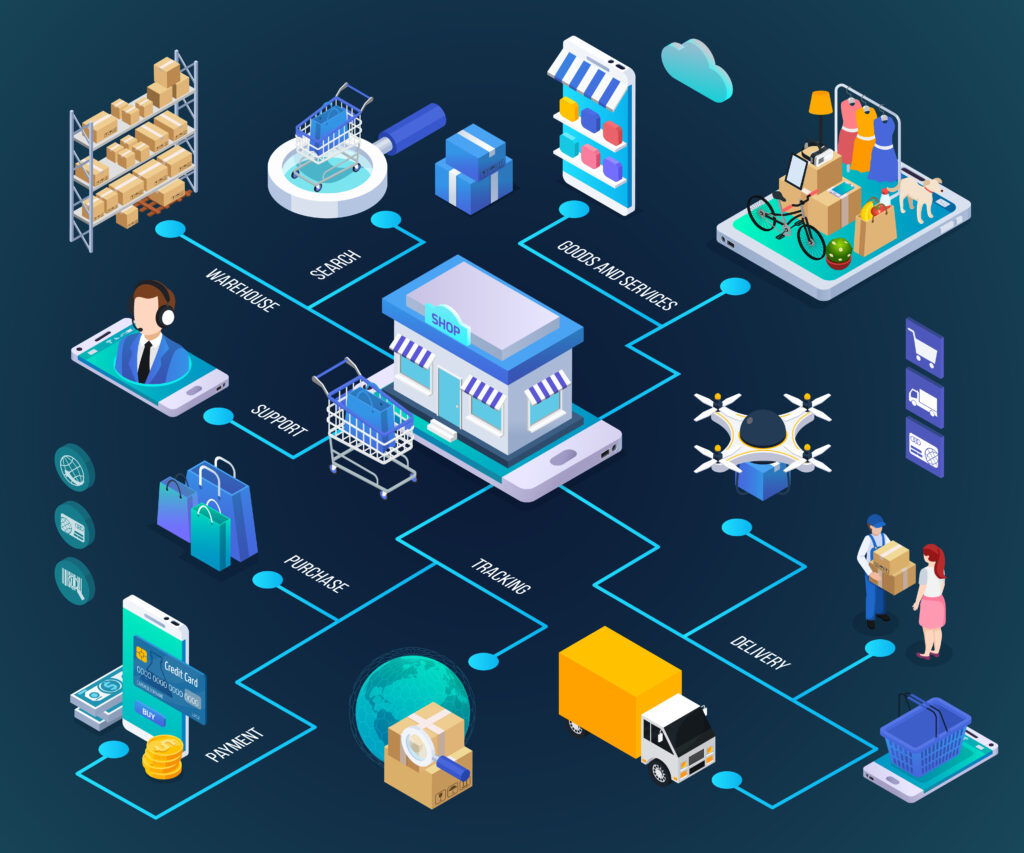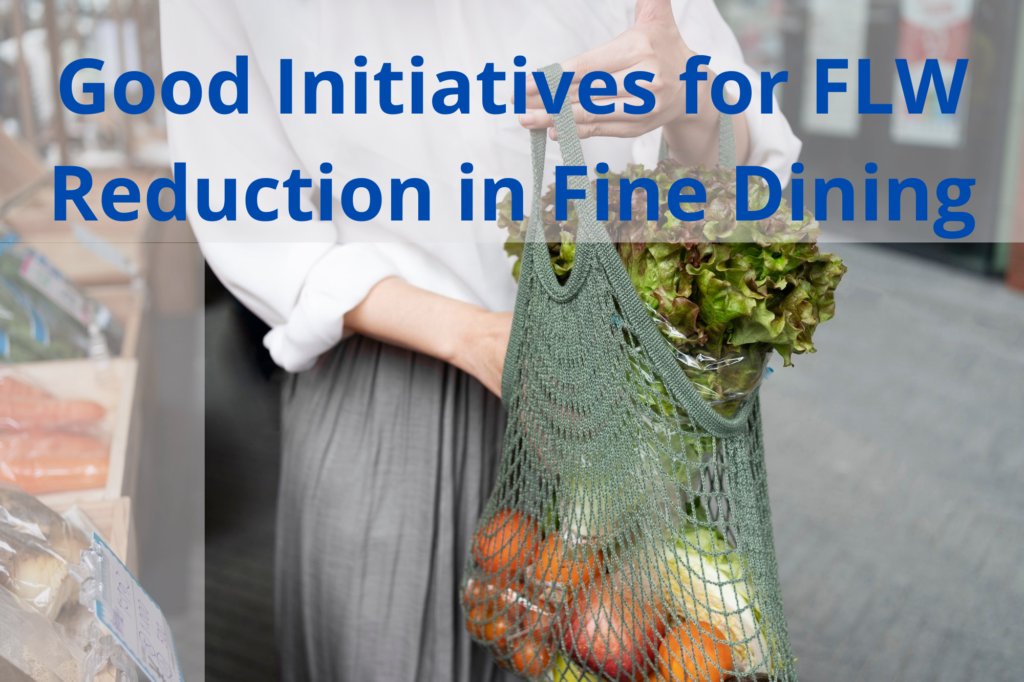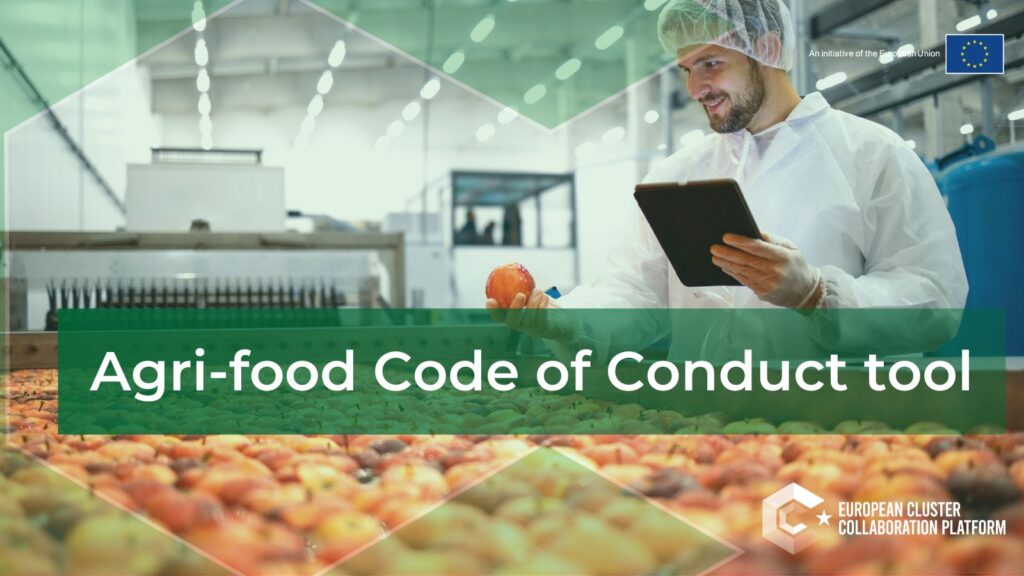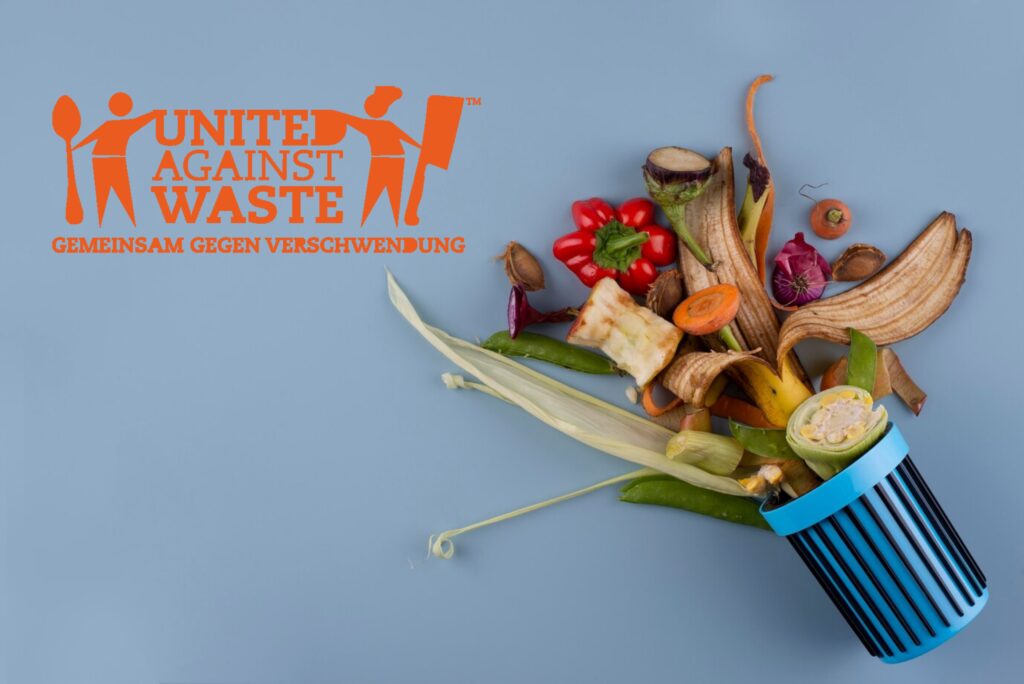Written by: Tamás Szallabek From: VIMOSZ Contributors: Berta Redondo and Andrea Adelmo Della Penna What is it The European Platform on Food Losses and Waste was established by the European Commission (EC) in 2016 to identify solutions for reducing food loss and waste (FLW). This initiative aligns with the Farm to Fork Strategy and aims …
Blog
By: Dr. Deolinda Silva Food loss and waste represents a huge obstacle when we look for the circularity of food systems. The inefficiency of the supply chain, where significant quantities of food are lost at various stages from production to consumption, results in the loss of valuable resources but also exacerbates environmental impacts, contributing to …
Short opinion on the relevance of food loss and food waste Read More »
By: Ana Novo Barros (WASTELESS Coordinator) From: UTAD In the context of a circular economy and industrial symbiosis, the valorization of by-products holds paramount importance. As industries worldwide grapple with the pressing need for sustainable practices, the focus has shifted from linear production models, which typically involve a straightforward path from raw material extraction to …
The Crucial Role of By-Product Valorization in Circular Economy and Industrial Symbiosis Read More »
By: Gabriele Sapienza From: WIISE What is blockchain? Blockchain is a technology that records transactions in a secure, transparent, and immutable manner. It is a decentralized digital ledger that allows multiple parties to share access to the same information at the same time, ensuring the integrity and veracity of the data without the intervention of …
Summary by: Tamás Szallabek From: VIMOSZ According to the UN Food Waste Index 2021, most data on food waste (FW) are available from households; there are fewer measurements being conducted in other sectors. In the hospitality sector, which is the third biggest source of FW, significant gaps exist in terms of data availability (UNEP 2021). …
’Plate Waste’ Reducing Methods in Hotel Breakfast Buffets Read More »
Summary by: Luminita Ciolacu and Sofia Reis (alphabetically) From: ISEKI-Food Association The global mushroom market is expected to reach 21 million tons in 2026, leading to an estimated 105 million tons of the agricultural waste: the spent mushroom substrate (SMS). To foster the sustainable progress of the mushroom industry, it’s imperative to attenuate this environmental …
Towards a sustainable production of Shiitake mushroom Read More »
By: Tamás Szallabek From: VIMOSZ In our last article, we went through the state of food loss and waste (FLW) in the fine dining sector and potential causes behind it. To not end this story on a sour note, let us take a look at the good initiatives and practices that are already in existence. …
Good initiatives for FLW Reduction in Fine Dining Read More »
By: Berta Redondo From: Europatat (European Potato Trade Association) The European initiative “EU Code of Conduct on Responsible Food Business and Marketing Practices” has launched the Agri-food Code of Conduct tool. Developed by the European Cluster Collaboration Platform, the new tool is aimed to allow anyone interested in the Code of Conduct to: To get access …
Summary by: Luminita Ciolacu and Sofia Reis (alphabetically) From: ISEKI-Food Association The spent mushroom substrate (SMS)is an agricultural waste which culminates to the mushroom industry in a financial burden of EUR 150 million annually. For 1kg of freshly harvested mushrooms, 5 Kg of SMS is accumulated, generating 60 million tons of this by-product over a …
Spent Mushroom Substrate contribution to sustainable agriculture and waste management Read More »
By: Tamás Szallabek From: VIMOSZ (Hungarian Hospitality Employers’ Association) Berlin – United Against Waste (UAW) marked its 11th anniversary with a renewed commitment to combat food waste and advance climate protection measures. The decision was made during the 11th annual general meeting held in Berlin, hosted by United Against Waste in collaboration with the Federal Association of the …
United Against Waste Celebrates 11th Anniversary Read More »
